- By Jo Daniels
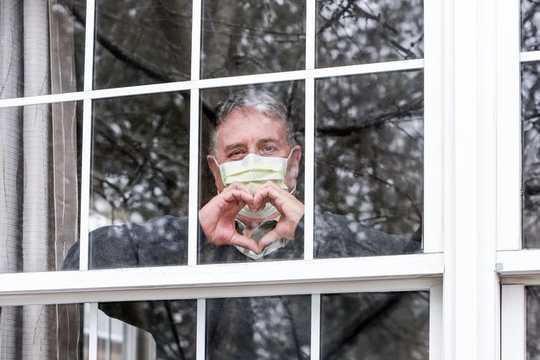
For the last three months, around two million people have “shielded” themselves against the novel coronavirus by staying indoors, on recommendation of the UK government.
- By Philip Gable
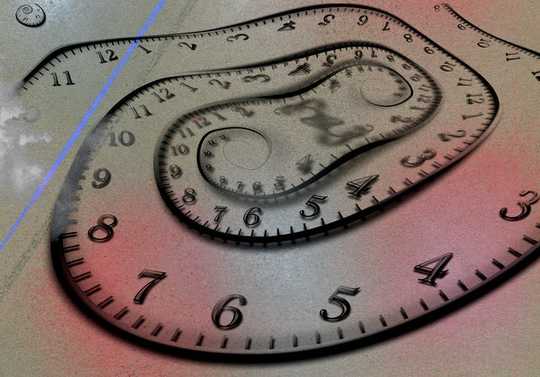
Think back to life before stay-at-home orders. Does it feel like just yesterday? Or does it seem like ages ago – like some distant era?
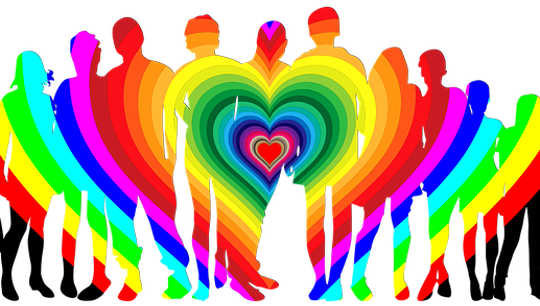
Living behind a glass wall can be lonely. You can see the others out there, yet you somehow remain separated from them. Your wall may be called "I'm not good enough" or "No one understands me or loves me". These glass walls have a way of magnifying the negative. Yet whatever you see through the wall is only the...

As we slowly emerge from government-imposed lockdowns, we find ourselves forced to renegotiate some of the spaces that used to be the most familiar to us.
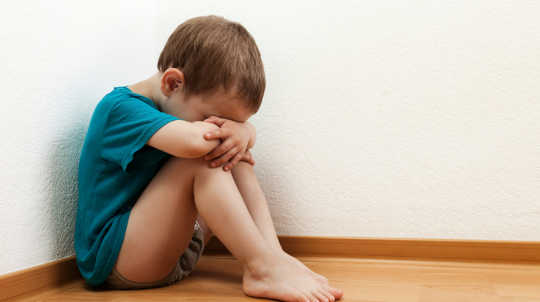
Everyone has experienced guilt at one time or another. In fact, millions of people are burdened by feelings of guilt of all sorts.

Tribalism has become a signature of America within and without since the election of President Trump. The nation has parted ways with international allies, left the rest of the world in their effort to fight the climate change, and most recently the pandemic, by leaving the World Health Organization.
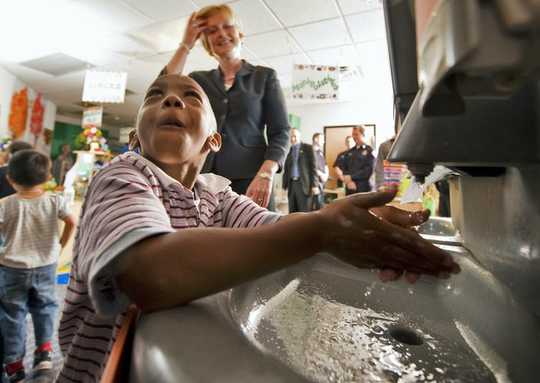
States are beginning to open up their economies after successfully slowing the spread of the coronavirus. Much of the credit for that goes to Americans dutifully following prescribed behavior.

From churchgoers to nursery school children, video calls, conferences and quizzes have become a lifeline at this time.
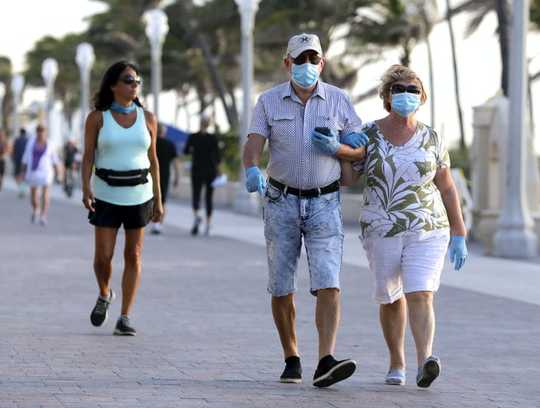
Since Republicans, on average, are five times more likely than Democrats to believe it’s safe now to resume normal business activity, reopening the economy has often been framed as a partisan issue.
- By Andre Spicer
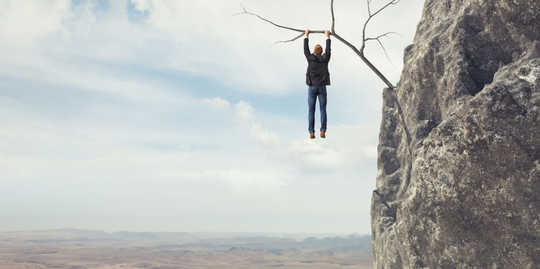
A very large number of people in the UK have been complying with coronavirus lockdown rules and staying at home, according to recent study.
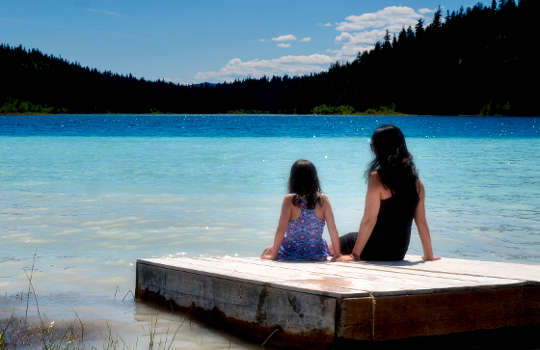
What’s important to appreciate about resistance is that it is often not intentional but the result of what’s going on in the more subtle, hidden parts of your unconscious mind. Most people I meet are usually aware of the surface-level results of resistance, but they live unaware of the underlying reasons as to why they resist and end up feeling the way they do.

When the UK became the European country with the highest number of COVID-19 deaths earlier this month, there was renewed criticism of how it had handled the crisis.
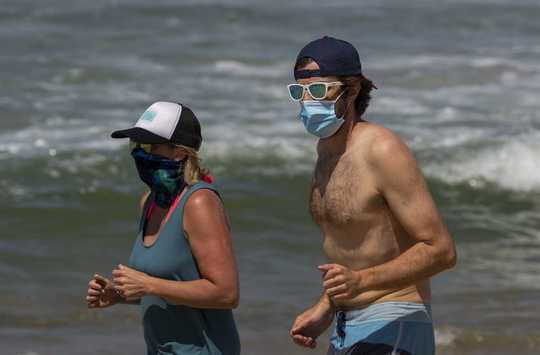
Even if we escaped getting sick from the coronavirus, we are all sick of staying at home, practicing social distancing and wearing masks.
- By Andy Levy
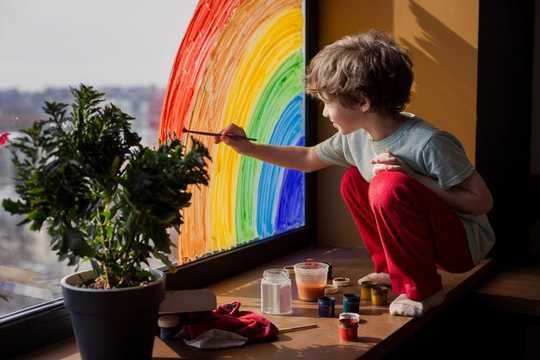
As well as attacking immune systems, COVID-19 has severely disrupted every aspect of society. It has altered the way we work, play, learn, exercise, shop, worship and socialise.
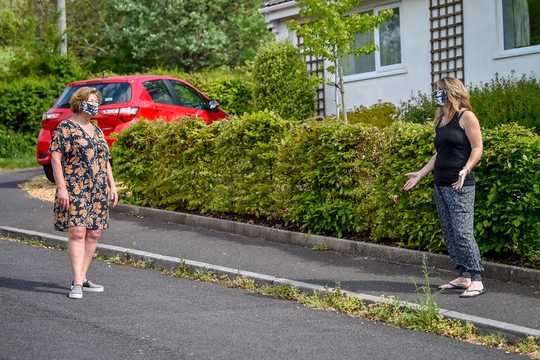
Across Europe, schools are opening, cars are back on the roads and people are returning to their daily commutes on public transport.

The media is replete with COVID-19 stories about people clearing supermarket shelves – and the backlash against them.

Have you noticed grabbing an extra bag of chips at the supermarket? Or eating more frozen dinners than you used to? Or even eating snacks that you haven’t eaten since you were a little kid?
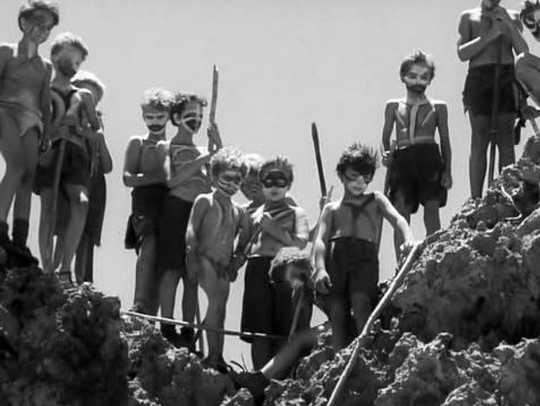
Fiction is a powerful force in shaping social understanding and, in the 20th century, a number of novels shaped philosophical discourse and influenced the way people think about the world.
- By Teresa Carr
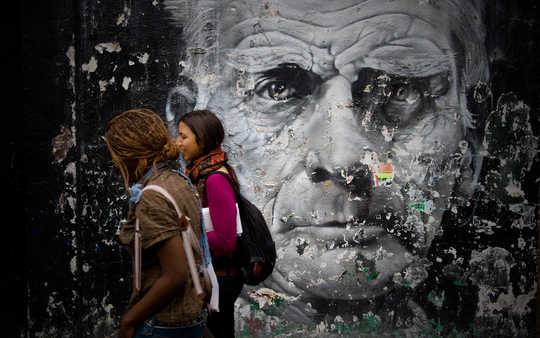
Consider the following brain teaser: A bat and a ball cost $1.10 in total. The bat costs $1.00 more than the ball. How much does the ball cost?
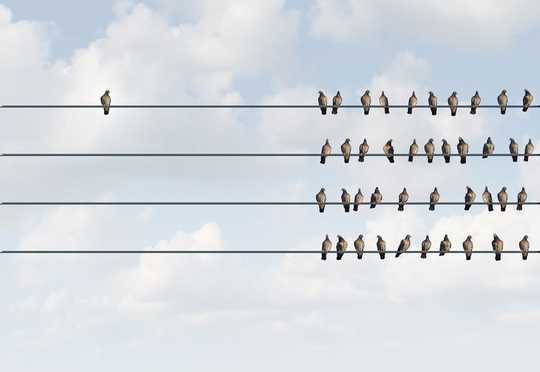
For many people, the most distressing part of the coronavirus pandemic is the idea of social isolation.
- By Vivian Zayas
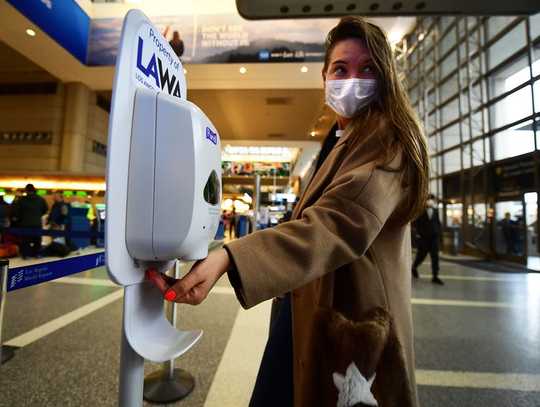
The effects of the coronavirus pandemic will be “imprinted on the personality of our nation for a very long time,” predicted Anthony Fauci, director of the National Institute of Allergy and Infectious Diseases.
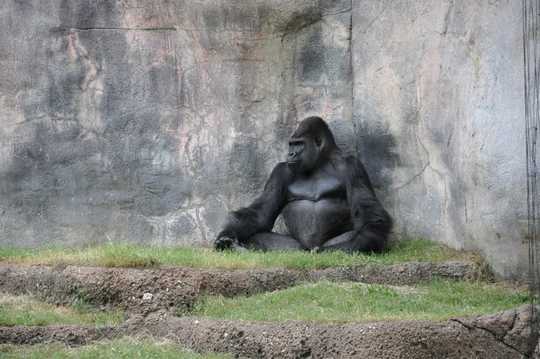
Humans are intensely social creatures. We all need company and social contact. But for many of us, being at home for long periods with a small group of people – even those we love best – can become frustrating.
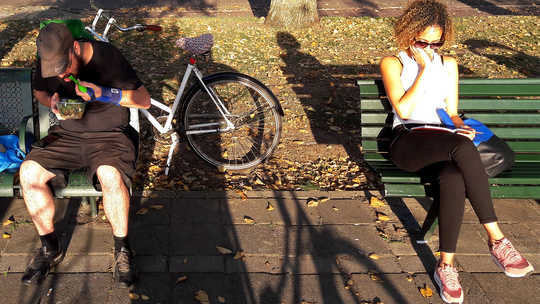
There remains near-universal backing for the coronavirus lockdown among the UK public. In our study, nine out of ten people support the measures, including seven out of ten who strongly support them.















